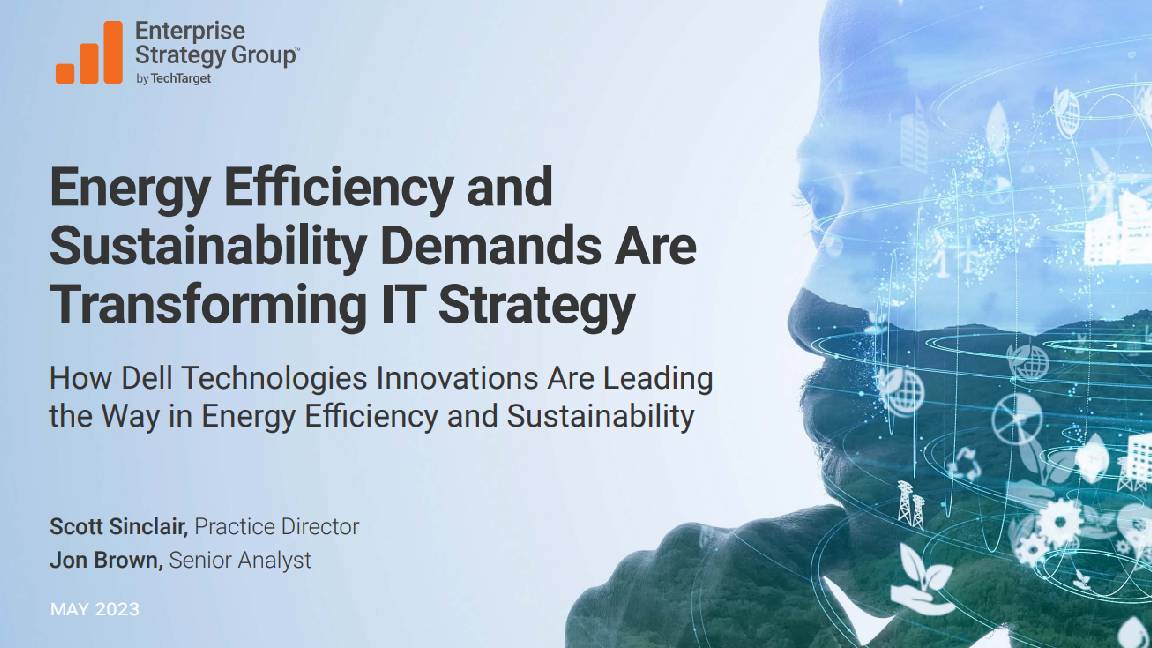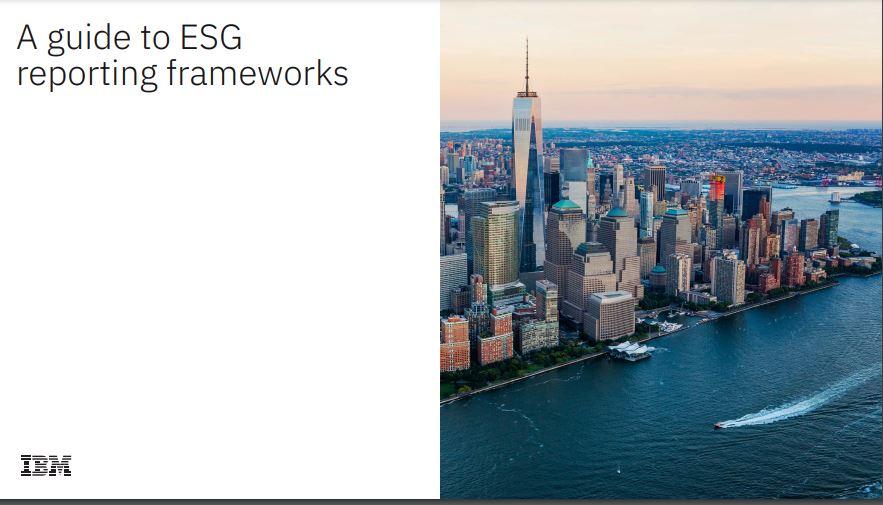Met Office supercomputer tops polluting list
A new league table showing the least green public buildings in the UK has placed the Met Office high up due to its carbon emitting monster of a supercomputer.


The Met Office's celebrated supercomputer, which has a major function of predicting climate change, has been identified as one of the worst culprits for pollution in the UK.
The 30 million IBM machine produces 12,000 tons of carbon dioxide a year.
The emissions have led to the Met Office's headquarters in Exeter being named among the worst public buildings for pollution in a new league table from the Department of Communities and Local Government.
But the Met Office is less than happy with the accolade. It said in a statement: "We recognise that our DEC rating [carbon dioxide emissions] is large but it is also necessary. Our supercomputer is vital for predictions of weather and climate change."
It also claims that the method for working out the list is unbalanced.
"By failing to discriminate between office and supercomputing facilities the process reflects badly on the entire Met Office site," the statement continued.
"In fact the general office space is rated excellent under BREEAM [BRE Environmental Assessment Method] and has consistently done so since the Met Office building in Exeter was completed in 2003."
Get the ITPro daily newsletter
Sign up today and you will receive a free copy of our Future Focus 2025 report - the leading guidance on AI, cybersecurity and other IT challenges as per 700+ senior executives
However, it hasn't totally ignored the implications and is planning on improvements to make the computer greener.
One measure it is taking is to investigate DC power for the supercomputer which, if predictions are correct, would cut emissions by 10 per cent. There is also talk of the next generation computer using 95 per cent water cooling rather than the current system - 75 per cent water and 25 per cent air as water is four times more efficient.
Finally, a trial of hydrogen fuel cells for its remote sites is set to start in September this year, which the Met Office said would "further reduce [its] reliance on fossil fuels."
Jennifer Scott is a former freelance journalist and currently political reporter for Sky News. She has a varied writing history, having started her career at Dennis Publishing, working in various roles across its business technology titles, including ITPro. Jennifer has specialised in a number of areas over the years and has produced a wealth of content for ITPro, focusing largely on data storage, networking, cloud computing, and telecommunications.
Most recently Jennifer has turned her skills to the political sphere and broadcast journalism, where she has worked for the BBC as a political reporter, before moving to Sky News.
-
 Bigger salaries, more burnout: Is the CISO role in crisis?
Bigger salaries, more burnout: Is the CISO role in crisis?In-depth CISOs are more stressed than ever before – but why is this and what can be done?
By Kate O'Flaherty Published
-
 Cheap cyber crime kits can be bought on the dark web for less than $25
Cheap cyber crime kits can be bought on the dark web for less than $25News Research from NordVPN shows phishing kits are now widely available on the dark web and via messaging apps like Telegram, and are often selling for less than $25.
By Emma Woollacott Published
-
 Beyond the upgrade: How to maximize IT investments and minimize waste
Beyond the upgrade: How to maximize IT investments and minimize wasteHow to maintain optimal performance and productivity with your fleet of hardware and stave off the next upgrade cycle for a bit longer
By ITPro Published
-
 Energy efficiency and sustainability demands are transforming IT strategy
Energy efficiency and sustainability demands are transforming IT strategywhitepaper How Dell Technologies innovations are leading the way in energy effiency and sustainability
By ITPro Published
-
 Energy efficiency and sustainability demands are transforming IT strategy
Energy efficiency and sustainability demands are transforming IT strategywhitepaper How Dell Technologies innovations are leading the way in energy effiency and sustainability
By ITPro Published
-
 Your guide to smarter printing: 2024 edition
Your guide to smarter printing: 2024 editionWhitepaper Making smarter printing simple for all businesses
By ITPro Published
-
 How to empower employees to accelerate emissions reduction
How to empower employees to accelerate emissions reductionin depth With ICT accounting for as much as 3% of global carbon emissions, the same as aviation, the industry needs to increase emissions reduction
By Fleur Doidge Published
-
 How much say does IT really have in sustainability initiatives?
How much say does IT really have in sustainability initiatives?ITPro Network Vendors are ready to proclaim their green credentials, but as members of the ITPro Network explain, making changes on the ground can be complex
By Jane McCallion Published
-
 ESG: Designing the ideal digital work experience for the next generation of innovators
ESG: Designing the ideal digital work experience for the next generation of innovatorsWhitepaper What users want, why it's critical to give it to them, and how the whole organization can benefit
By ITPro Published
-
 A guide to ESG reporting frameworks
A guide to ESG reporting frameworksWhitepaper Guidelines to assist with your approach to ESG reporting
By ITPro Published